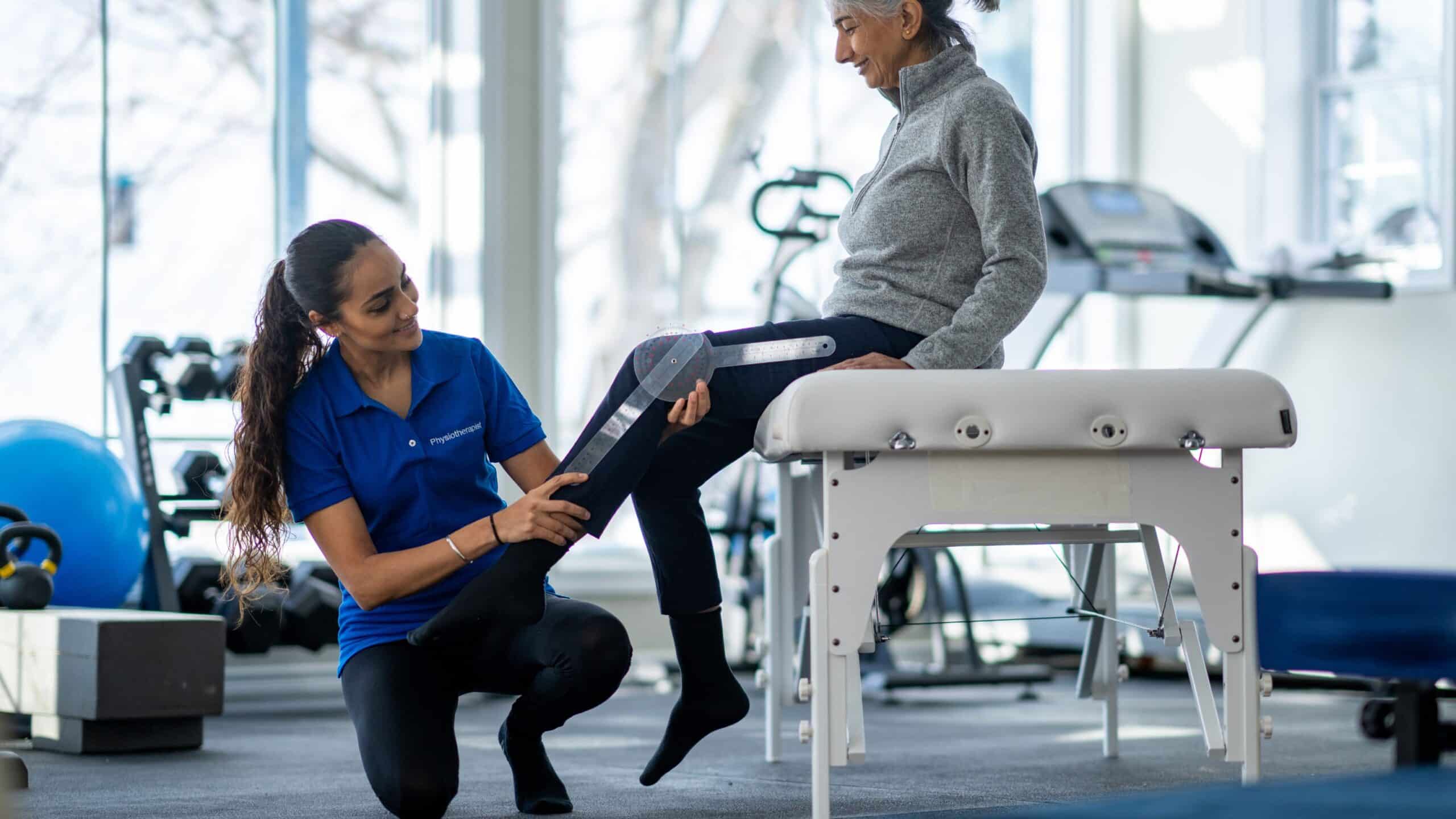Top 5 Ways to Improve Post-Surgical Recovery
Recovering from surgery can take time and patience. It is important to find ways to help your body heal and regain strength. Knowing the right steps can help you recover faster and manage pain more effectively.
Taking care of yourself after surgery often means more than just resting. Physiotherapy, stretching, and proper rehabilitation are important in helping you get back to your daily activities.
1) Follow your surgeon’s postoperative instructions precisely
Your surgeon will give you specific instructions for your recovery. These may include when to move, how to care for your incision, and what activities to avoid.
It’s important to follow these guidelines exactly as given. This helps reduce your risk of infection and other complications.
If you have questions or are unsure about anything, ask your healthcare team for clarification. Do not skip medications or change your routine without talking to your surgeon first.
Pay attention to signs like fever, unusual pain, or redness. Report any concerns right away to your doctor to help catch problems early.
2) Maintain a protein-rich diet with foods like chicken breast and lentils
Eating enough protein helps your body heal after surgery. Protein builds and repairs tissues, supports your immune system, and helps your muscles recover.
Good sources of protein include chicken breast, fish, eggs, and Greek yogurt. If you prefer plant-based foods, you can choose lentils, beans, tofu, and nuts.
Try to include some protein in every meal. Balanced meals can help you feel stronger and reduce muscle loss after surgery.
Staying well-nourished helps your body manage pain and inflammation too. Talk to your doctor or a dietitian if you need help making a meal plan.
3) Engage in gentle physical therapy exercises as recommended
After surgery, your doctor or physiotherapist may suggest simple movements. These exercises help your body heal and keep your joints from getting stiff.
Follow the instructions given by your healthcare team. Start with slow and easy exercises. Do not force your body to do too much.
Gentle post-surgical physiotherapy can improve blood flow, reduce swelling, and help manage pain. If you feel pain or discomfort, stop and talk to your doctor before continuing.
Doing these exercises regularly can help you get back your strength and move better over time. Always ask your healthcare team if you are unsure about any exercise.
4) Use cold therapy packs to reduce swelling effectively
Using cold therapy packs can help manage swelling after surgery. Applying a cold pack to the affected area may also lower pain by numbing the skin and tissues. This makes recovery more comfortable for you.
It is important to follow your doctor’s advice on when and how long to use cold therapy. Usually, it is safe to use cold packs for up to 20 minutes at a time. Always put a cloth between the pack and your skin.
Do not use ice directly on your skin. This can cause skin damage or frostbite. Be sure to check your skin often for any signs of irritation or injury.
Cold therapy often works best in the first few days after surgery. If swelling or pain continues, talk to your healthcare provider for more help.
5) Ensure adequate hydration
Drinking enough water helps your body heal after surgery. Aim for at least 8 glasses each day unless your doctor says otherwise.
Hydration keeps your tissues moist and supports cell repair. Water also helps prevent constipation, which is common after surgery.
Staying hydrated can reduce swelling and help your body flush out waste. It may also make it easier to move and exercise during your recovery.
If you do not like plain water, try adding a slice of lemon or using flavor drops. Remember to check with your doctor if you have any fluid restrictions.
Bundled Care for Faster Post-Surgical Recovery
At Westwood Physiotherapy, we offer Bundled Care to help streamline your recovery process. This service provides a combination of physiotherapy, massage therapy, chiropractic care, and more, all in one package, ensuring you receive comprehensive support throughout your rehabilitation journey. Bundled Care focuses on coordinated treatments tailored to your specific needs, ensuring faster recovery and optimal healing outcomes.
By addressing various aspects of recovery in a single, cohesive plan, you can benefit from more effective treatment while minimizing the time spent visiting multiple specialists. If you’re recovering from surgery, consider exploring Bundled Care at Westwood Physiotherapy to receive the full support you need for a successful recovery.
Conclusion
Improving your post-surgical recovery is possible with the right steps. Careful attention to physiotherapy, stretching, and rehabilitation treatments can make a difference in your healing process.
Pain management and safe movement help you recover faster and avoid further injury. Always follow your healthcare team’s advice for your personal needs.
If you have questions or want support, our team at Westwood Physiotherapy is ready to help. We offer guidance that fits your recovery, from your first visit to your last session.
You do not have to recover alone—visit us at Westwood Physiotherapy to support your journey to better health.


